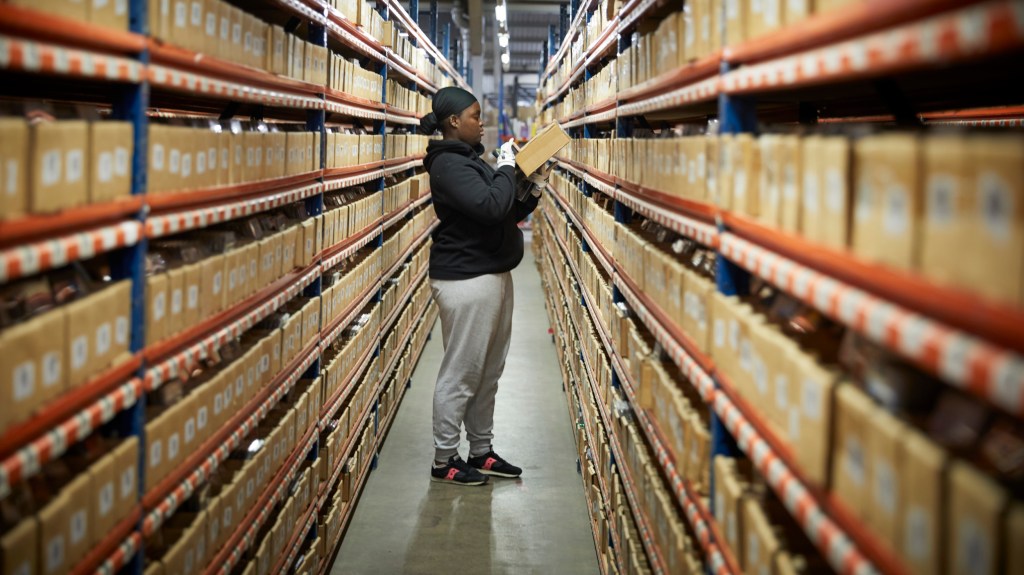Survey Reveals Decline in Export Expertise Among UK Businesses
A recent survey conducted for the Department for Business and Trade highlights that exporters in the UK feel increasingly ill-prepared to seize international opportunities.
The research, which involved 3,000 companies with annual revenues exceeding £500,000, revealed only 18% considered themselves exporting experts last year, a drop from 24% in the previous year. This figure is also lower than the level recorded in 2021, coinciding with the start of the UK-EU Trade and Co-operation Agreement.
A growing number of current and prospective exporters reported low levels of knowledge, increasing from 23% in 2022 to 28% last year, while others indicated they had a basic understanding but needed more information.
Researchers have noted that this reduction in expertise reflects significant knowledge gaps emerging among exporting businesses since the UK’s exit from the EU.
These findings align with a push from a coalition of major tech firms and business support organizations advocating for more tailored government assistance for small businesses involved in exports as part of a broader trade strategy revision.
The E-Commerce Trade Commission emphasized the need for clearer official guidance, more focus on e-commerce and digital trade solutions, and the creation of grant opportunities. They also urged increased encouragement for women-led businesses to engage in exporting and better access to emerging market opportunities.
Richard Hyde, a senior researcher at the Social Market Foundation and the report’s author, remarked, “The vast majority of British businesses are smaller enterprises, yet a significant number do not engage in exporting at present.”

Hyde continued, “Enhancing export levels should be central to the government’s growth strategy, necessitating steps to enable more SMEs to participate in this effort.”
The commission features members like Amazon, Alibaba, eBay, Shopify, Google, alongside the Federation of Small Businesses, the Association of International Courier & Express Services, the Institute of Chartered Accountants in England and Wales, and the Chartered Institute of Export & International Trade.
Gareth Thomas, the minister for exports, acknowledged the critical role of e-commerce, stating, “We are collaborating with the industry to enhance digital trade, allowing more small businesses to export globally, and our modern industrial strategy aims to facilitate sustainable growth and skilled employment opportunities.”
The survey found that a significant number of companies are actively seeking advice and support, with 40% of respondents doing so last year. However, awareness about existing support schemes remains limited, with the government’s main website being the most utilized source of guidance at 45% of respondents.
Knowledge of specific government-funded advisory services, such as the network of international trade advisers and the export support service, has sharply declined, and engagement with these services is low.
The survey also indicated that the percentage of companies that have ever engaged in exporting has declined each year since 2021, from 45% then to 43% in 2022 and 39% last year, reflecting levels consistent with those from 2015 to 2020.
Furthermore, most exporting companies reported that they did not proactively seek new overseas orders, instead fulfilling orders as they arise, with only 27% actively looking for new export opportunities.




Post Comment